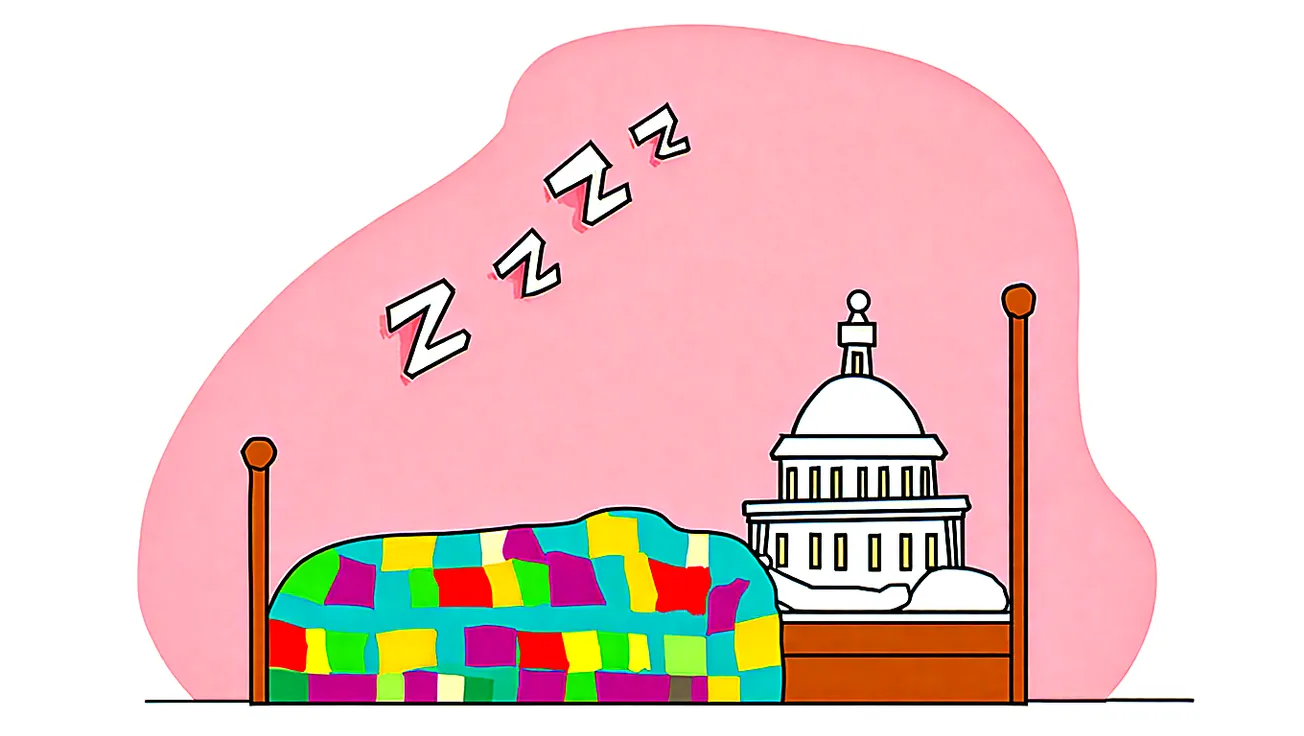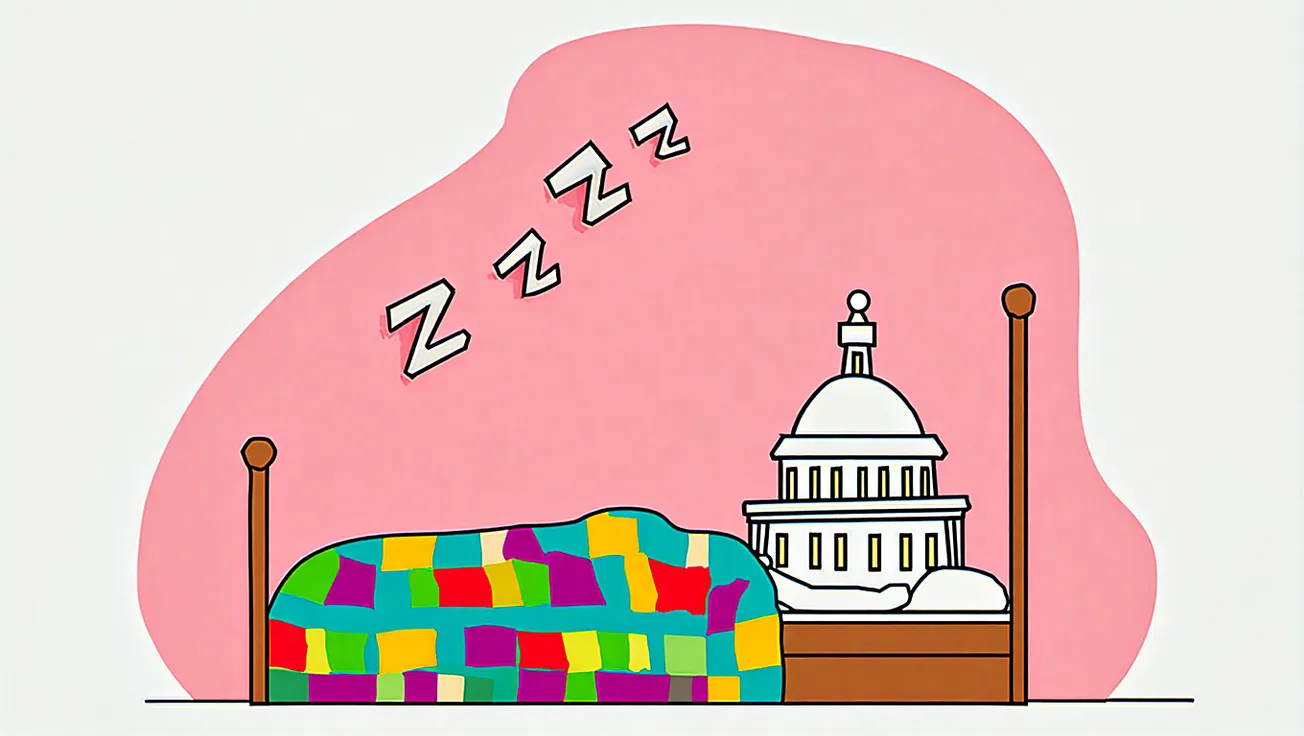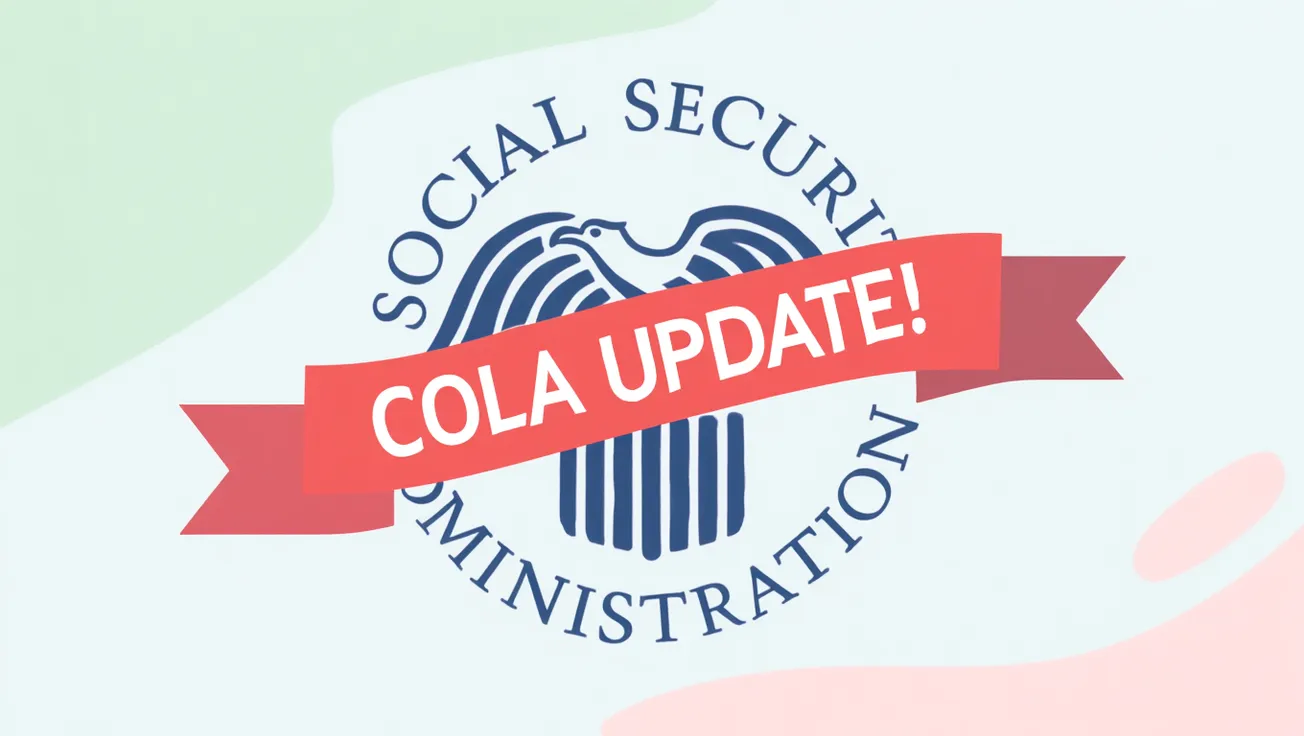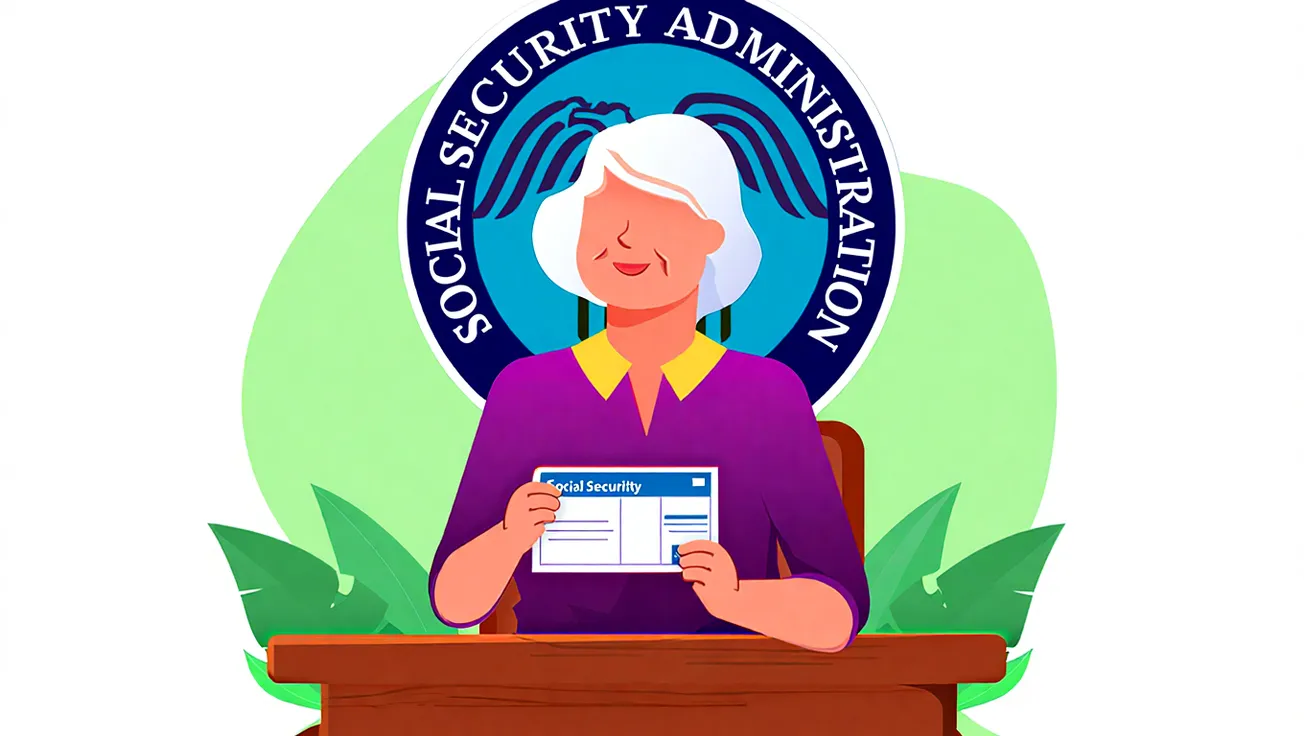Editor’s Note:
This story updates our earlier coverage, [“What Happens to My Social Programs and Services in a Shutdown?”], to reflect new reporting on how agency staff cuts may affect service delivery for seniors.
The Takeaway
- Federal agencies are operating with smaller staffs during the shutdown.
- Essential programs like Social Security and Medicare still function, but support services are thinning.
- Housing, food-assistance, and health-safety programs could see processing delays.
- Experts say even short disruptions create backlogs that take months to clear.
- Seniors may feel the effects most in slower response times and reduced oversight.
Stretched Thin
When the government shutdown first began, most attention centered on whether benefits would stop — checks, vouchers, meals, and medical claims. Those remain largely intact. But now, as the shutdown drags into its second week, a quieter problem is emerging: the people who run those programs are stretched thinner than ever.
According to The Washington Post, more than 4,000 federal workers across seven agencies have been dismissed or furloughed during the shutdown. The reductions hit departments that manage everything from affordable housing to education and community grants — the same networks that help older Americans stay housed, fed, and healthy.
Even if seniors don’t lose direct benefits, the service pipeline that keeps those benefits moving may start to clog.
“Additional cuts to inspectors is going to directly result in people living in substandard conditions,” Shamus Roller, executive director at the National Housing Law Project, told The Washington Post.
At the Department of Housing and Urban Development, union tallies show dozens of inspectors and Fair Housing staff have been sidelined. That means fewer site visits, slower investigations of complaints, and more risk that problems in subsidized housing go unnoticed.
At the Department of Health and Human Services, reduced staffing in community-grant programs may delay reimbursements to local food banks and nutrition programs that serve seniors. These are the very “non-essential” administrative roles that keep essential services running smoothly.
Meanwhile, the Centers for Disease Control and Prevention briefly reversed a set of dismissals after realizing some affected workers were handling measles and Ebola response. That correction underscores how thin margins can have real-world consequences, even in public health.
For seniors, the effect is likely to be subtle at first — a longer hold time, a delayed inspection, a call that goes unanswered. But those small gaps add up, especially for people who rely on consistency from the federal safety net.
What You Can Do
- Double-check renewal dates for housing or nutrition assistance and submit paperwork early.
- Keep copies of correspondence with agencies in case processing takes longer.
- Contact local offices before visiting; some may have reduced hours or staff.
- Report unsafe housing conditions directly to city or county authorities if federal lines are backed up.
Source: Reporting from The Washington Post and agency union updates.
Disclaimer: Smart Senior Daily provides general information for educational purposes and is not affiliated with any government agency. Always verify program status with official sources.









